The History of our Digitisation Grant
On 27th June 2016 a new and exciting announcement went out to TWA’s mailing list. Together Paul Sugden, Managing Director at TWA, John Chambers, Chief Executive of the Archives and Records Association and Claire Adler, Heritage Fund Appointed Mentor and Independent Heritage Consultant had identified a real financial need in relation to the accessibility of archive collections. A new TWA Digitisation Grant was in the making.
The 2016 grant totalled £5000 and was divided between a primary grant of £4000 and a secondary grant of £1,000, available to those archives, libraries, museums and galleries looking to digitise cultural heritage collections.
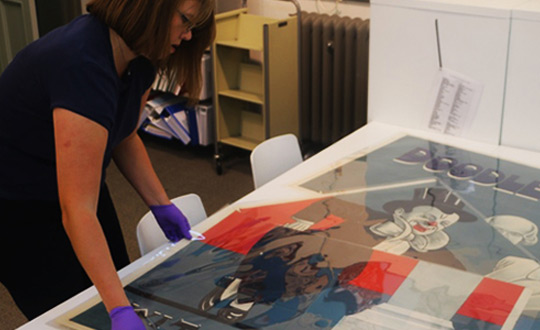
£1000 Secondary Grant winner – Blackpool Culture & Communities
High Flying Stars: Digitising the Tower Circus PostersThis project focused on the digitisation of the ‘High Flying Stars’ Circus collection within the Blackpool Tower archive, consisting of posters, photographs and programmes dating back to 1894. This provided access opportunities for schools and the public and research opportunities and support for the Blackpool Museum project. This project also provided resources for the 250th anniversary of the circus, engaging the circus community and capturing their experiences and stories.
Visit the Heritage Blackpool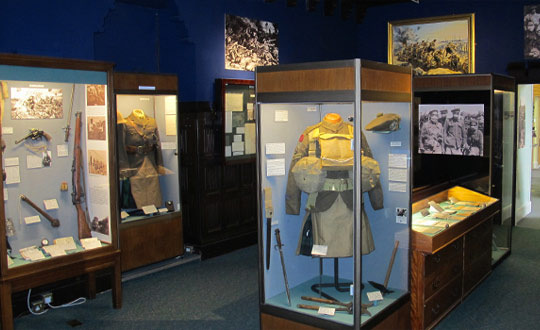
£4000 Primary Grant winner – Argyll & Sutherland Highlanders Regimental Museum
Regimental Museum RedevelopmentThis project was a critical step in perpetuating the memory of the Regiment and saw the digitisation of photographs, diaries, regimental magazines, and personal papers, as well as a substantial collection of military artefacts. The aim of this project was to provide central documentation and global availability of the collection in order to engage consultancy. The project included scanning, online publishing, transcription of metadata and metadata capture via OCR.
Visit The Argyll & Sutherland Highlanders Regimental MuseumOur 2016 Judges:
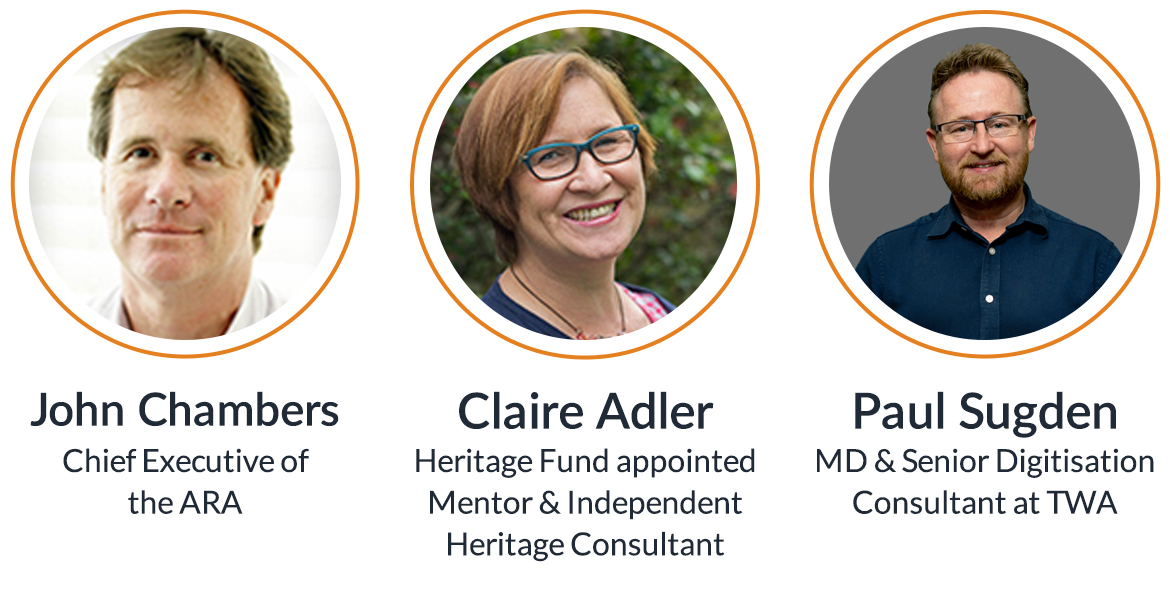
The year 2017 saw the return of two main grants, supporting cultural heritage through digitisation, but this time the total was raised to £7000 with a Secondary award of £2000 and a Primary award of £5000. In addition, match funding of £500 was offered to all shortlisted applicants.
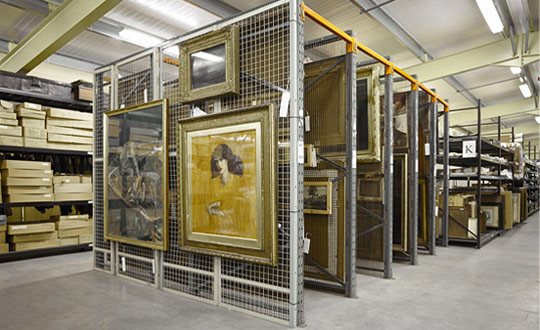
£2000 Secondary Grant winner – Birmingham Museums Trust
Birmingham Historic Trade Document Digitisation projectThis project focused on the digitisation and data capture of archives relating to Birmingham’s history of trade and manufacturing, and saw the digitisation of a selection of archival material, to include trade catalogues, advertisements, correspondence and other documents offering a unique insight into the city’s history. The aim of the project was to protect this content from deteriorating further and it formed part of a wider Arts Council England project.
Visit Birmingham Museums Trust
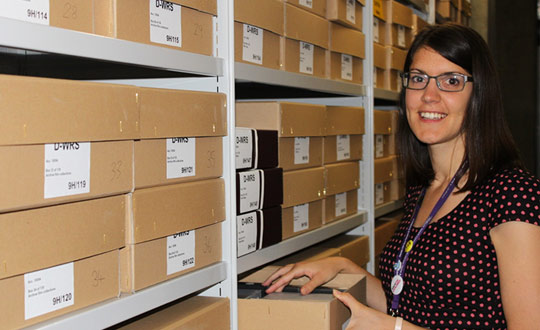
£5000 Primary Grant winner – Dorset History Centre
Saving the Graham Herbert CollectionThis project saw the digitisation of the Dorset History Centre’s Herbert Collection consisting of over 7,000 packets of photographic negatives documenting the social history of Weymouth between 1953 and 1983. The collection was deteriorating due to vinegar syndrome and without intervention it was at risk of being lost. The institution had ambitious plans to make this collection both accessible and discoverable to the local community, making it a clear winner for our judges.
Visit Dorset History CentreWe are delighted to have been awarded the funding from TWA to save the Herbert collection from being lost due to the irreversible deterioration of the negatives. We look forward to continuing to share the fantastic images of our recent past in outreach activities with a wide range of people
In 2018, for the third year running, the TWA digitisation grant returned with two main grants totalling £7000, divided into a Secondary award of £2000 and a Primary award of £5000. Again, match funding of £500 was offered to all shortlisted applicants.
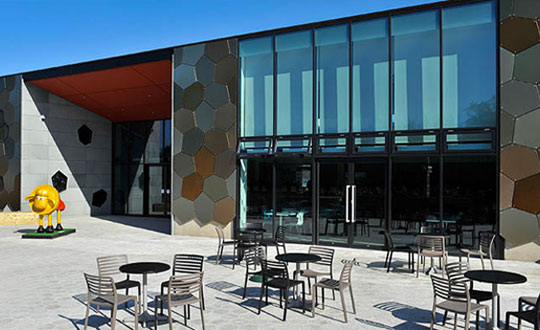
£2000 Secondary Grant winner – The Royal Mint Museum
Digitising the Waterloo Medal RollThe Royal Mint Museum project saw the digitisation of the bound handwritten medal roll, listing the names of all those who were awarded the campaign medal for taking part in the Battle of Waterloo and which formed a significant part of their collection. Their intention was to transcribe each of the 41,920 entries to create an interactive and searchable digital version of the roll to be added to the Royal Mint Museum website and their Royal Mint Experience exhibition.
Visit The Royal Mint Museum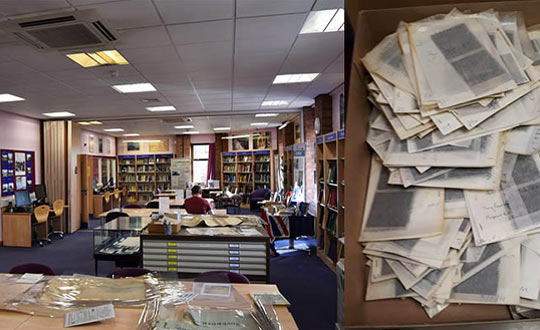
£5000 Primary Grant winner – Bexley Archive and Local Studies Centre
Kentish Times negatives digitisationThis project sought to digitise a large proportion of photographic negatives from Bexley Archive’s Kentish Times Newspapers collection. It focused on the digitisation of 15,000 unique negatives, featuring photographs taken between 1964-98. The intention was to eventually make the collection digitally accessible via interactive terminals located in the Local Studies and Archive Centre.
Visit Bexley Archive and Local Studies CentreThe 2019 TWA digitisation grant brought an increase in the total sum awarded to £9000, divided into a Secondary award of £3000 and a Primary award of £6000. Again, match funding of £500 was offered to all shortlisted applicants.

Top Tips from our Judges
To support the writing of those all-important grant applications, our three judges, Claire Adler, John Chambers and Paul Sugden, offer their advice on how to demonstrate heritage need, social/community impact, and research impact.
Learn More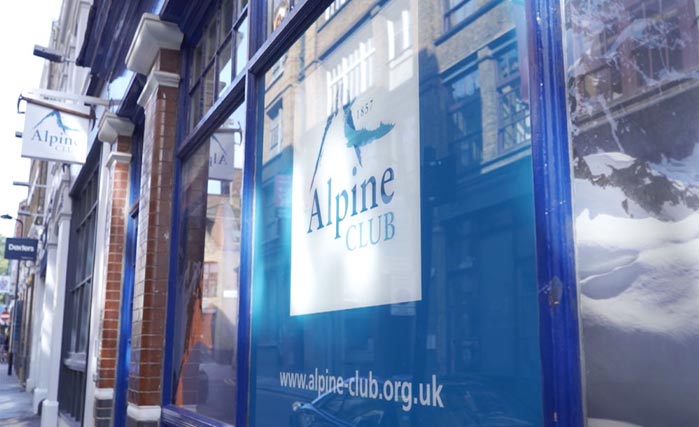
£3000 Secondary Grant winner – Alpine Club Library
Digitising Alpine Club Library Official PapersFor this winning project, the Alpine Club Library were looking to enhance their catalogue entries relating to official club papers. Their collection involved entirely unique material, offering a rare insight into early mountaineering and the developments throughout the twentieth century. They were keen to digitise this aspect of the collection in order to make it available online to help support research into this fascinating area.
Visit Alpine Club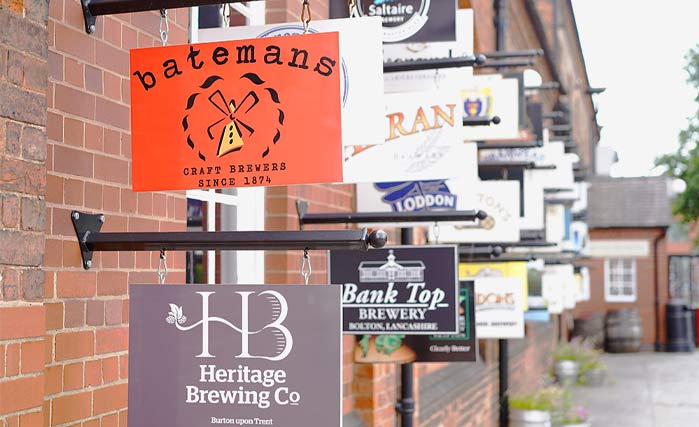
£6000 Primary Grant winner – National Brewery Heritage Trust
Digitising Brewing Industry Related Archives and ArtefactsThe National Brewery Heritage Trust applied for the TWA grant in respect of their brewing industry related archives and artefacts, consisting of around 500,000 items and spanning over 250 years. The Trust were seeking to digitise this content in order to protect and preserve their unique archives for the benefit of future generations, making this material visible and accessible to the public through an online digital catalogue.
Visit National Brewery Heritage Trust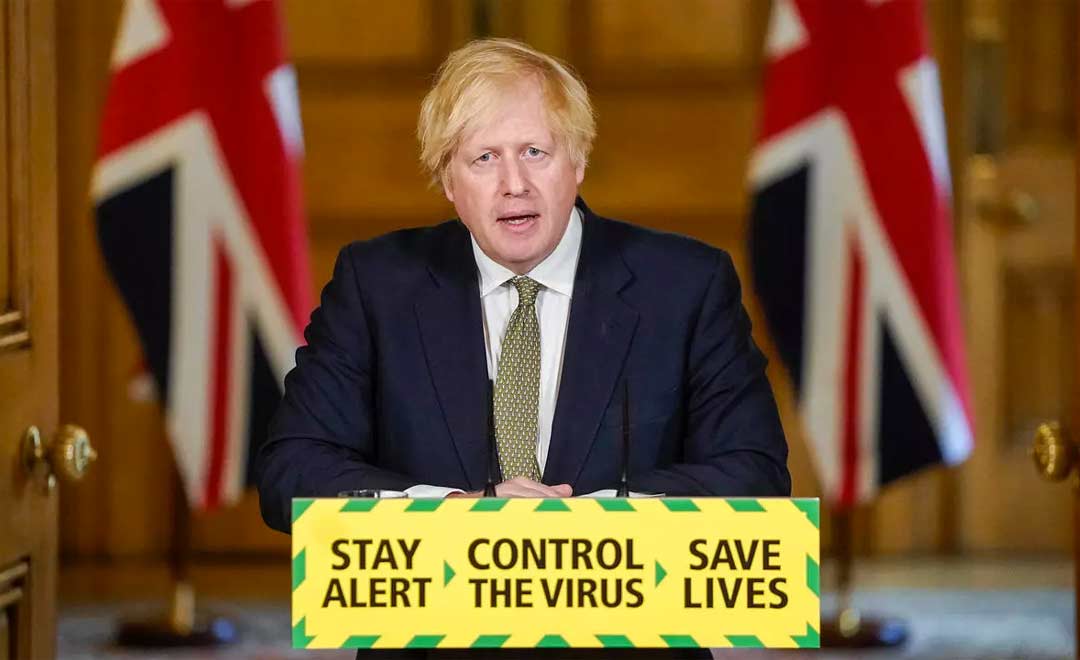
COVID-19
On 23rd March 2019 the UK Prime Minster, Boris Johnson, announced the first in what was to become a series of lockdowns throughout the proceeding twenty-eight months. Doors closed on any ‘non-essential’ businesses, putting a stop to the ordinary day-to-day workings that the UK population had become accustomed to. This had devastating effects on UK industry. Remotely, TWA set about considering what measures could be taken to best support the heritage sector.


Grant Changes
2020 saw a number of COVID-19 related adjustments to the TWA grant as a result of the significant impact the pandemic was having on the heritage industry. The grant was opened early to give people plenty of time to apply and the total fund available was divided into three equal awards of £3000 each. Again, all shortlisted applicants were offered £500 of match funding.
Introducing Jo Blyghton
After four years of dedicated service to the TWA Digitisation Grant , to include valuable time and attention and professional insight and opinion, Claire Adler stepped down to pursue other commitments. We welcomed Jo Blyghton, Archive Consultant, onto the panel where she quickly became a familiar and valuable member, using her industry experience to impart practical advice for the completion of the grant application, collaborating in the identification of our winning organisations.
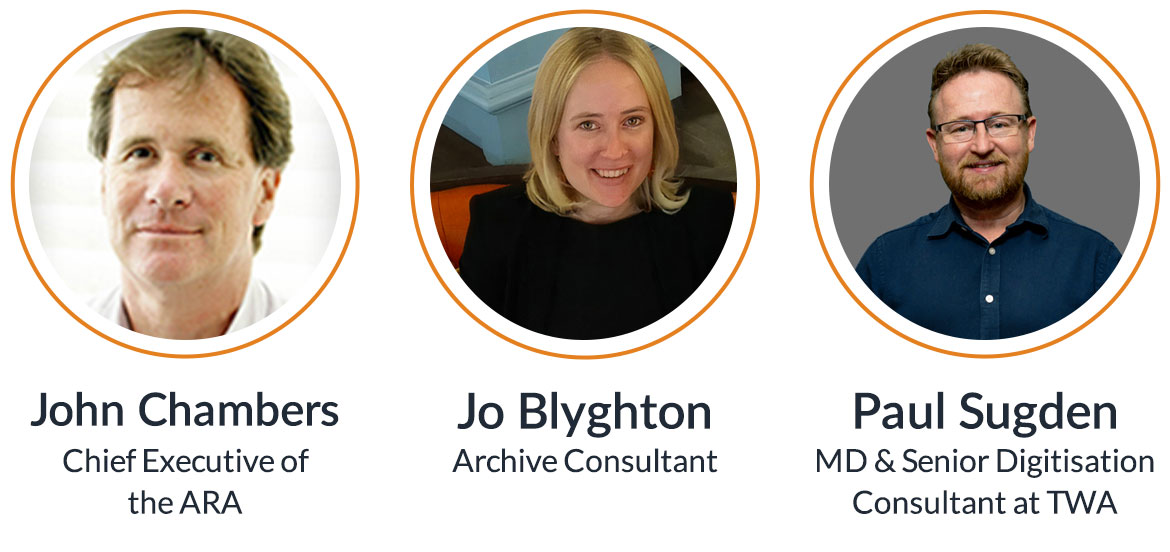
Corinthian Casuals F.C.
This project concerned the digitisation of Corinthian-Casuals Football Club’s unique 19th Century collection of matchday programmes and newsletters, documenting the club’s football history. The intention was to protect and celebrate developments in football. Digitising the collection was an important step towards getting this archive online for the benefit of historians, journalists, club committee members and the wider public.
Liverpool Cathedral
As the largest cathedral in the UK, and one of the largest in the world, Liverpool Cathedral holds over 1,000 of Sir Giles Gilbert Scott’s work, the designer of the magnificent structure, consisting of A1 and A0 loose drawings and blueprints dating back to 1901. Digitisation would not only preserve this historical material but make it available to view online and also to the visiting public, whilst opening up wider opportunities for formal partnerships.
Merton Heritage & Local Studies Centre
Merton Heritage & Local Studies Centre hold a wonderful photographic collection depicting post war through to the 20th Century. Consisting of approximately 5000 prints, ranging from small Box Brownie snaps to card mounted photos and wide class photos, as well as around 2000 colour slides and negatives, digitisation would not only protect this archive but also make it available for the first time via the Merton Memories website, eventually forming a variety of resources and educational packs.
We are absolutely thrilled to have been awarded one of the three Townsweb Grants for 2020. Gaining this grant means that we are able to digitise Sir Giles Gilbert Scott’s original and priceless drawings showing his designs for Liverpool Cathedral. This will enable us to keep them safe for future generations… we are incredibly excited to start work with Townsweb and we look forward to seeing our important collection online for all to enjoy.
As the UK dared to see a glimmer of light at the end of the COVID-19 tunnel, there was much reflection to be considered on how best to move forward. This resulted in the decision to put the TWA Digitisation Grant on hold in order to take stock and, once again, evolve in ways that would see an even greater impact for our future winners. While the specifics are yet to be announced, there is every intention for the grant to return in the Spring/Summer of 2022; bigger and better than it has ever been before.
Sign-up to our newsletter below to receive news when further details for our next digitisation grant are announced.
The 2022 TWA digitisation grant was full of exciting changes, including the provision of an additional grant, making a total sum of £12,000 in funding available. We also introduce an incredibly popular new match funding system, providing up to £1,000 in match funding, available to all eligible applicants.
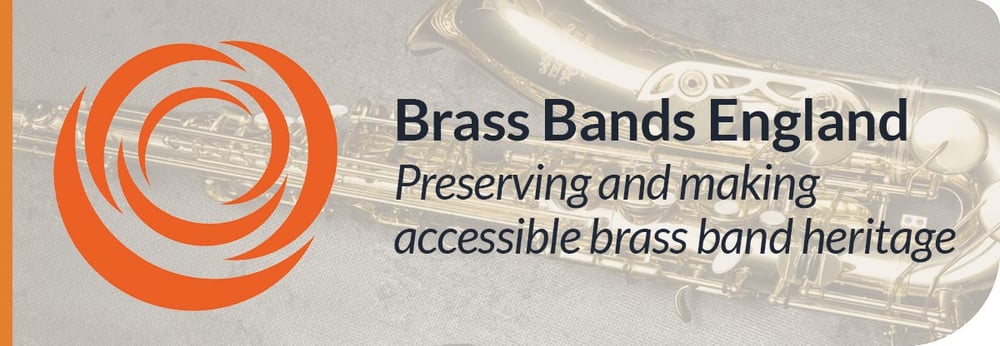
Digitising their ‘most at risk’ sheet music papers, this will be part of a staged process which will ultimately see up to 180,000 pages digitised in order to preserve brass band heritage. This material is set to be made accessible online, inspiring both present and future bands; an objective we agree demonstrates great social impact.
Visit Site
Consisting of original manufacturers’ user handbooks and technical leaflets, period engineering books, factory drawings, photographs illustrating the company’s pre-war bespoke car bodies, and the Jeremy Collins Collection of car share certificates, this archive offers a shining example of how archival records can be used to inspire others.
Visit Site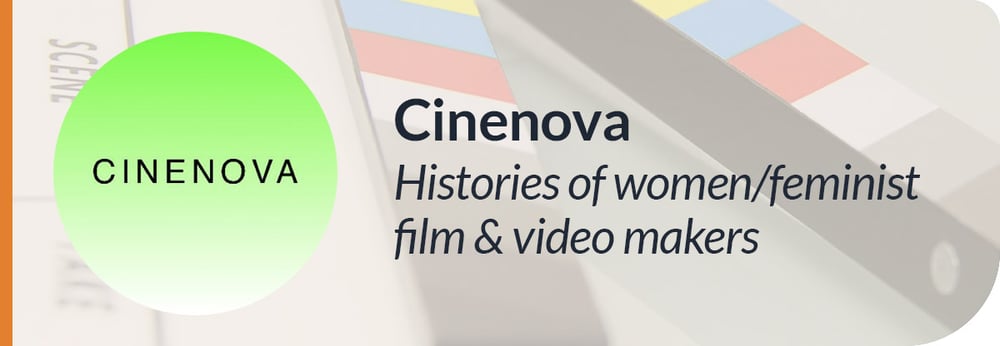
Digitising 95 boxes or archival material, to include film stills, slides, negatives, transparencies, and various paper records relating to feminist film and video. This content is in need of specialist, oversized equipment, and will involve data capture services in order to catalogue the collection appropriately and make it ready for online access.
Visit Site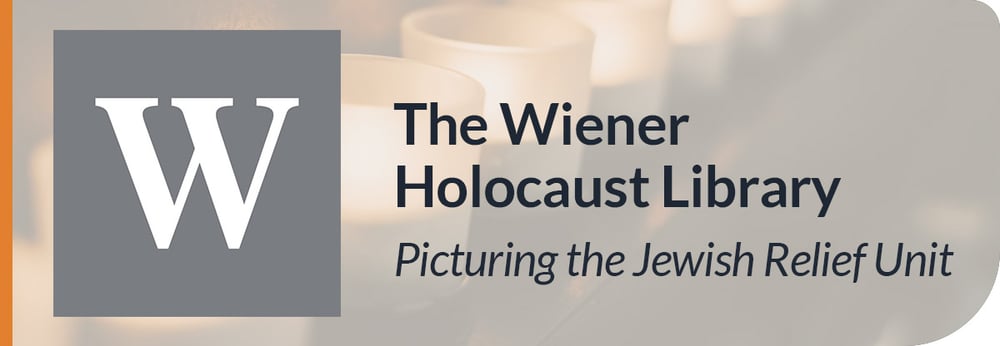
Consisting of photographs relating to the Jewish Committee for Relief Abroad and the Jewish Relief Unit, this material has been stored across a number of locations and is in need of protection given its great importance. The project aims to make 17 albums and 1,984 separate loose photographs accessible through digitisation.
Visit SiteWe are so grateful to have been awarded a TWA Digitisation Grant and to have the opportunity to digitise and make available our unique collection of photographs relating to the work of the Jewish Relief Unit during and after the Holocaust. Many of the photographs have never been published before and they fundamentally challenges existing views of what postwar British humanitarianism looked like. Given their historic importance, we are looking forward to working with TownsWeb Archiving to make them as accessible to the public as possible.
The 2023 TWA digitisation grant was an exciting time! With the quality of applications being better than ever, our judges had their work cut out for them when deciding who would ultimately be the 3 lucky winners of our £3000 grants. After many hours of deliberation, the three winners (The Griffith Institute, Hull History Centre & The British Trust for Ornithology) were chosen, and we believe our judges couldn’t of selected more deserving organisations. Although not everyone could win the £3000 grant, here at TownsWeb Archiving we are passionate about preserving archives of all sizes, especially smaller archives that are at risk of being lost to time. So this year we have brought back the popular match funding pot, which allows all eligible applicants to apply for up to £1000 in match funding!
Hull History Centre is a partnership between Hull City Council and The University of Hull. They’re looking to digitise 3 sets of records with the majority of this material being directly related to the Caribbean prior to the passing of the Slavery Abolition Act in 1883, and each giving us a glimpse into the lives of enslaved people One set of records appears to be the sole surviving set of papers relating to the Peru plantation in Jamaica.
Visit SiteThe next organisation taking away one of our grants of £3,000, is the British Trust for Ornithology for the digitisation of their maps pertaining to the migration of UK bird species. The Common Birds Census, run by BTO from 1962 to 2000, monitored the numbers of common breeding birds. The results provide the only measure of change in UK bird populations and are foundational to many of the conservation efforts taking place today…
Visit SiteLast but not least, the final organisation set to take away one of our grants of £3,000, is The Griffith Institute for the digitisation of Amelia Edwards documents. The aim of the project is to digitise and publish online a collection of documents by Amelia Edwards (founder of the Egypt Exploration Fund now known as the Egypt Exploration Society), who extensively travelled through Egypt and Sudan between 1873–74…
Visit SiteThe Griffith Institute is delighted and honoured to be awarded a TWA digitising grant to enable us to communicate one of our most precious archival holdings, the Amelia Edwards MSS. Being able to share this important cache of documents will not only shed light on one of British Egyptology’s founding members but also highlight Amelia’s many other accomplishments as a travel and fiction author, composer and artist.
The 2024 TWA digitisation grant was another fantastic year of funding! The quality of applications improve year-on-year, making our judges job harder than ever when deciding who would be the three lucky winners of our 3x £3,000 grants. After many hours of deliberation, the three winners (The Royal College of Surgeons of England, Museum of Scottish Railways & St. Andrews Botanic Garden Trust) were chosen, and we believe our judges couldn’t of selected more deserving organisations. Although not everyone could win the £3,000 grant, here at TownsWeb Archiving we are passionate about preserving archives of all sizes, especially smaller archives that are at risk of being lost to time. So this year we have brought back the popular match funding pot, which allows all eligible applicants to apply for up to £1000 in match funding!
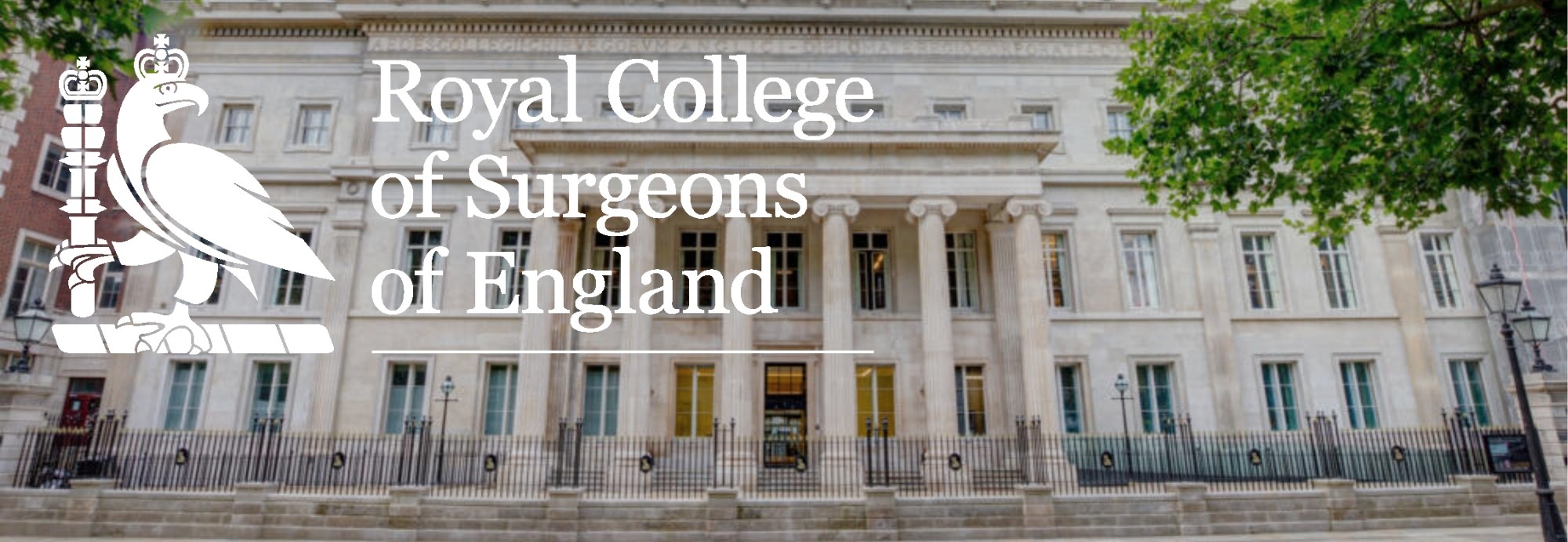
The Royal College of Surgeons of England – This project will bring the diary of a gravedigger who sold bodies to anatomists, the patient records of 18th century female patients and the petition requesting the RCS admit women to a wide audience. The project will engage with new audiences and reveal some of the hidden history of women in society with compelling evidence and will be compared to present-day parallels. It’s a well-conceived project highlighting significant material. A huge congratulations to the Royal College of Surgeons of England from all of us.
Read More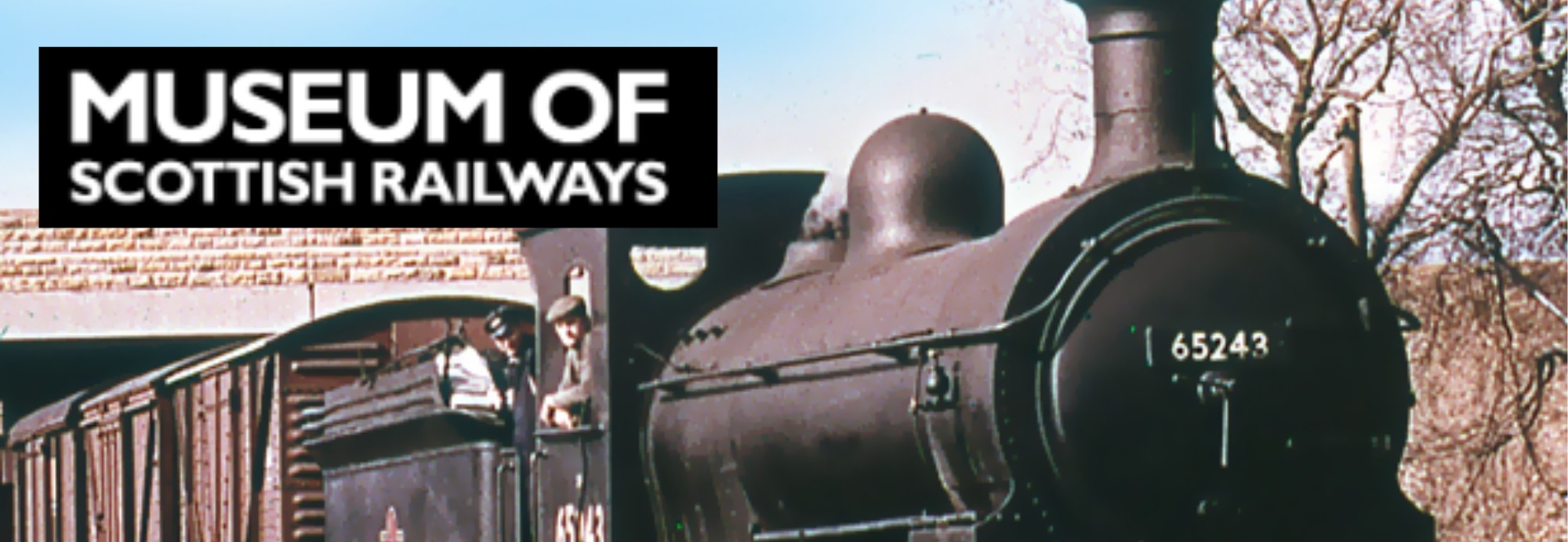
Museum of Scottish Railways – This project will reveal the hidden history of women and the family in railway culture and open access to the material to the wider community. Previous digitisation projects have tended to focus on the professional operation and the men who ran it and have skimmed over the social networks that supported them. This project will give the public access to a unique, previously unseen family archive that reveals railway community life in all its vibrant diversity. Documenting homes on the rails across Scotland, it is full of detail to engage the general user and is key to understanding the social role of women on Scotland’s railways in the mid-20th Century.
Visit Site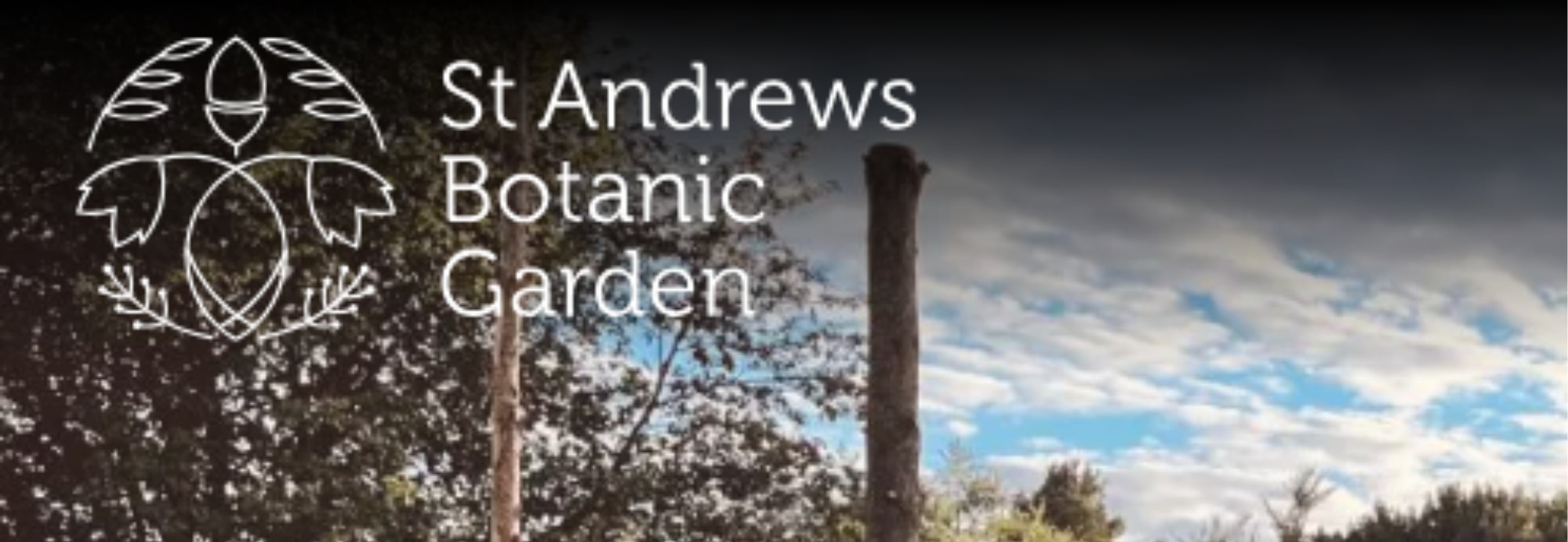
St. Andrews Botanic Garden Trust – The documents to be digitised represent a record in time from the late 1800s to the present day of the distribution of plant species in the Fife area. The documents have additional value in that they are still housed with the specimens which they refer to. St Andrews Botanic Garden Trust want to involve local people, students and volunteers to help carry out repeat plant surveys of the areas detailed in these reports to see how distributions have changed – this is vital information, particularly given the increasing impact of climate change. This written collection is an important record of the status and distribution of species in the local area over a time a period of over 100 years. Given the change in climate and habitat conditions over this time, it provides very valuable biological information which can reveal a huge amount of information which will be made available.
Visit Site2025 TWA Digitisation Grant
Our 2025 judging panel—Sara Pink, John Chambers, and Casper Smithson—took on the demanding but rewarding task of reviewing every submission in detail. Each application showcased dedication, expertise, and passion, and the panel valued the opportunity to engage with such a wide range of inspiring projects.
This year’s digitisation grant programme attracted an exceptional level of interest, and we were delighted to announce the three successful recipients at the ARA Annual Conference in Bristol on 28 August 2025. As always, the calibre of applications was remarkable, reflecting the depth and variety of collections that make up the UK’s rich cultural heritage. While not everyone could secure the £3,000 grant, we remain committed to supporting archives of every size, particularly smaller collections that are most at risk of being lost to time. To extend this support, we’ve once again introduced the popular match-funding pot, enabling all eligible applicants to apply for up to £1,000 in matched funding. After careful consideration, three winners were selected, each making a distinctive and important contribution to the preservation and accessibility of our shared heritage. Read about our three 2025 winners below.
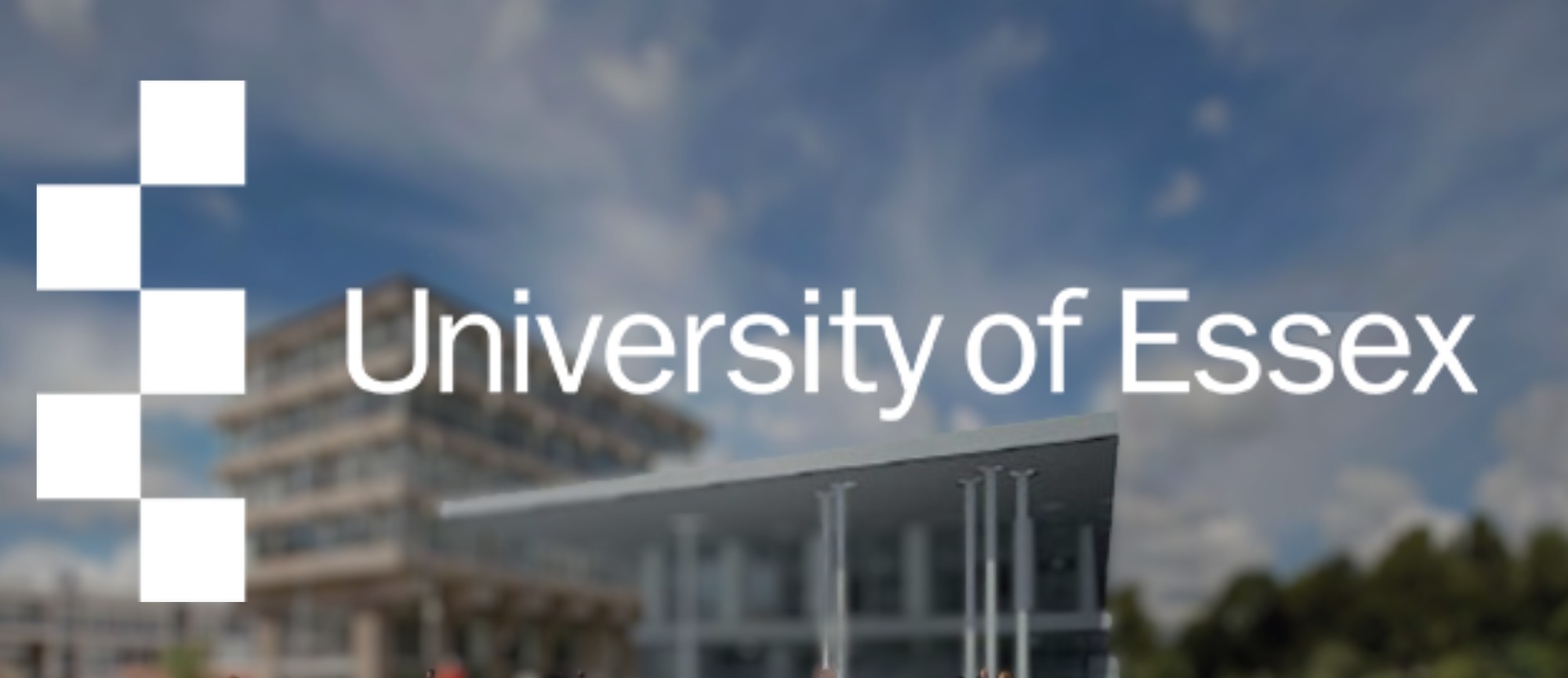
University of Essex – The J.A. Baker Archive at the University of Essex is a rare and significant literary and environmental collection centred on the celebrated author of The Peregrine (1967), widely considered a landmark in modern nature writing. Spanning the 1940s to the 1980s, it comprises over 300 items, including original field notebooks, annotated drafts, birdwatching maps, personal correspondence, unpublished works, and artefacts such as Baker’s binoculars. These materials reveal his poetic precision, meticulous observations, and deep emotional connection to the Essex landscape, alongside personal struggles and reflections on environmental loss. Digitisation will open the archive to students, researchers, creative practitioners, and local communities worldwide, supporting new research, creative projects, and public engagement. The materials will be integrated into teaching, exhibitions, and community programmes such as writing workshops, nature walks, and heritage initiatives, with opportunities for volunteers to help interpret and curate the collection.
Visit Site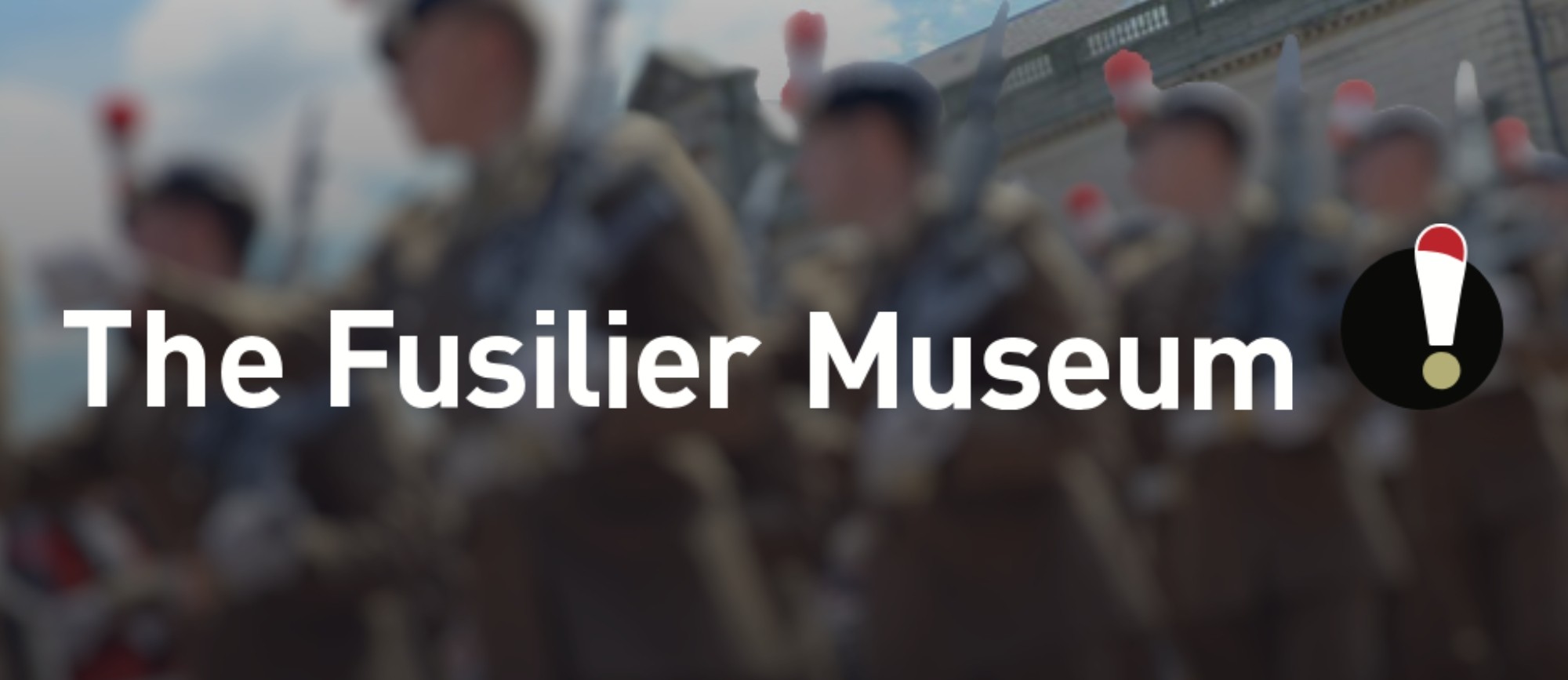
The Fusilier Museum – The Fusilier Museum plans to digitise its Second World War collection in honour of the 80th anniversary of VE and VJ Day and to preserve the memory of the Lancashire Fusiliers’ service and sacrifice. The archive documents pivotal events including Dunkirk, the Normandy landings, Sicily, Monte Cassino, Monte Ceco, and the Chindits’ operations in Burma, with unique materials such as rare war diaries and previously unseen photographs of the European and Far Eastern peace agreements. Digitisation will safeguard these fragile items from deterioration or catastrophic loss, while making them accessible to a global audience. This will protect the originals, support long-term preservation, and ensure future generations can explore the bravery and contributions of soldiers from Lancashire and Greater Manchester – ordinary people who performed extraordinary acts, such as Francis Jefferson’s Victoria Cross-winning action at Monte Cassino. The project will use TownsWeb Archiving and our PastView platform to publish the collection online with full metadata, OCR searchability, and integrated access with other museum systems for a rich visitor experience.
Visit Site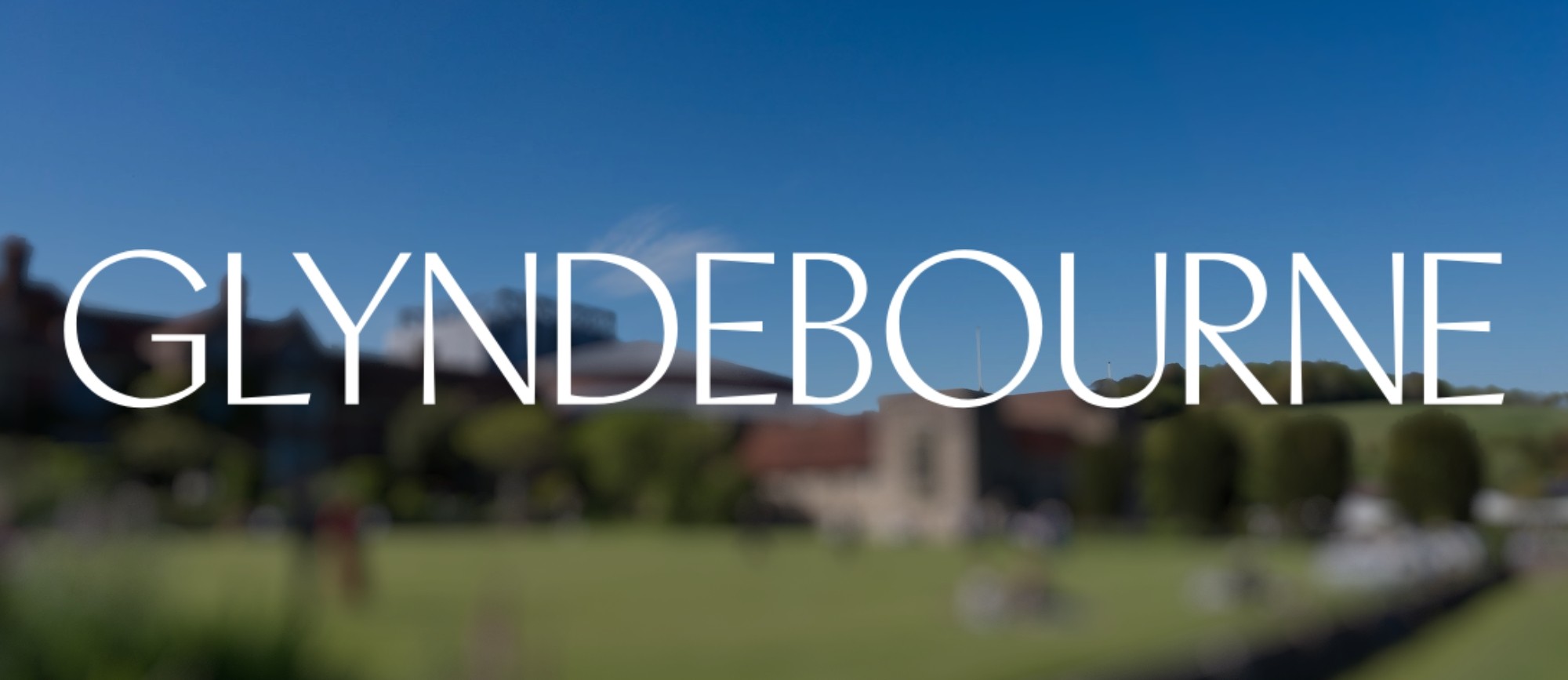
Glyndebourne – The Glyndebourne Archive holds a rich collection of original correspondence from 1934 to the present, including significant letters relating to the 1946 world premiere of Benjamin Britten’s The Rape of Lucretia. This project will digitise approximately 2,569 items, capturing metadata via OCR to ensure long-term preservation, safeguard against loss, and make them accessible to researchers, opera directors, cultural historians, and the public. The correspondence features leading figures such as Britten, Eric Crozier, John Piper, Peter Pears, and influential Glyndebourne directors, alongside major cultural bodies like the BBC and Arts Council of Great Britain. Together, they provide a detailed account of the creative and logistical processes behind one of the most pivotal works in British operatic history, offering insights into the artistic innovation and collaboration that helped shape post-war opera. With 2026 marking both the 50th anniversary of Britten’s death and the 80th anniversary of Lucretia’s premiere, the digitised collection will carry renewed historical resonance and cultural value.
Visit SiteOur Match Funding Pot is now open (29th August) for all remaining eligible applicants, closing on 10th October 2025. Read more here.
Read more about our three 2025 winners here.
The grant will return in 2026 – its 10th anniversary year, set to be bigger and better than ever, and we’d love to see your application. Subscribe to our newsletter to be among the first to hear the latest updates and access the 2026 application form, once available!

 John Chambers
John Chambers
 Sara Pink
Sara Pink
 Casper Smithson
Casper Smithson